On a Christmas vacation to the Cayman Islands in 2019, David Kransberger knew something felt terribly wrong.
“I was on a turtle-watching expedition with my 5-year-old and 6-year-old,” he said. “We were in the ocean and it should have been so easy to hold them up as we floated. But I was so out of breath, I thought I would go under.”
As soon as they returned to Grand Rapids, the 56-year-old teacher called to schedule a doctor’s appointment.
He explained his symptoms, which by now included coughing up blood.
“They said, ‘You don’t need to come into the office. Go right to the ER,'” he said.
Testing confirmed the unimaginable: Stage 4 lung cancer in both lungs.
Searching for solutions
Kransberger is a father of six, ranging in age from 5 to 28.
He’d been healthy and athletic his whole life. He coached high school lacrosse and Special Olympics.
“All I could think about was taking care of my wife, Kathy, and our kids,” he said.
He did what many cancer patients do after a diagnosis—he started tracking down solutions.
“I had friends at Johns Hopkins University looking at things for me, and at Princeton,” he said. “I even went down to see a doctor at the University of Indiana. They all concurred that the treatment I was getting at Spectrum Health was the right one.”
He still couldn’t entirely accept that he had a terminal illness. He asked about the possibility of a lung transplant and learned that cancer is usually the first disqualifier. He had an initial meeting with Reda Girgis, MD, medical director of the Spectrum Health Lung Transplantation Program.
Kransberger didn’t anticipate much would come of it.
“I thought they were humoring me,” he said. “I had already begun chemo and I knew my situation was bad.”
But just days later, Dr. Girgis called him.
“He told me he had talked to my oncologist and that, because my cancer was entirely in my lungs, he believed I was a candidate for transplant.”
Next came a whirlwind of meetings and tests, spearheaded by Jennifer Hartman, RN, Spectrum Health pre-transplant coordinator.
In addition to extensive testing, usually over a two- to four-week period, transplant candidates are evaluated by a committee that determines who makes the list.
“Transplantation isn’t right for every patient,” Hartman said. “In Dave’s case, this was considered the only curative hope. There was no chemotherapy option that would work.”
But even as the transplant team continued its evaluations, the cancer clock ticked on.
“I had finished my last rounds of chemo and was told there wasn’t much more they could do for me,” he said.
He body began to fail. It went beyond limited lung capacity.
“I’d already gotten neuropathy in my foot,” he said. “And I’d lost some hearing in my left ear.”
On Father’s Day, Kransberger got an incredible phone call—he learned he had made the transplant list.
Although he and Kathy felt excited, he also knew that making the list is no guarantee of getting an organ in time.
DonateLife estimates 8,000 people die each year while waiting.
And Kransberger’s condition worsened. One July morning, he told Kathy they needed to go to the funeral parlor and plan his service.
“My lung capacity was so limited,” he said. “And I knew I was near the end.”
That night, a team member from the hospital called.
“They told me they had lungs for me,” he said. “We couldn’t believe what a miraculous thing it was.”
“It’s just a waiting game,” Hartman said. “The stars have to align—and this time, they did. We began his evaluation April, listed him in June, and he was transplanted six weeks later.”
A first
On July 26, Kransberger became the first Spectrum Health patient to receive a lung transplant to treat lung cancer.
After five days in the ICU, Kransberger gradually learned to trust his new lungs. Before long, he found himself back at home, going on bike rides, playing with his kids and taking long walks.
He said COVID-19 made the experience especially challenging.
“It was lonely,” he said. “People kept calling and asking what they could do to help and we had to ask them to stay away. And with all the kids home for distanced learning it was very challenging.”
He took a leave of absence from his job at Kentwood Public Schools.
“Because of my new lungs, I’m at risk,” he said.
And while he acknowledges that COVID-19 has complicated things this past year, he also said the pandemic forced his family into a new pace that suits his recovery.
“We listen to each other more. We play board games,” he said. “We learned how to be together—and that’s an amazing gift.”
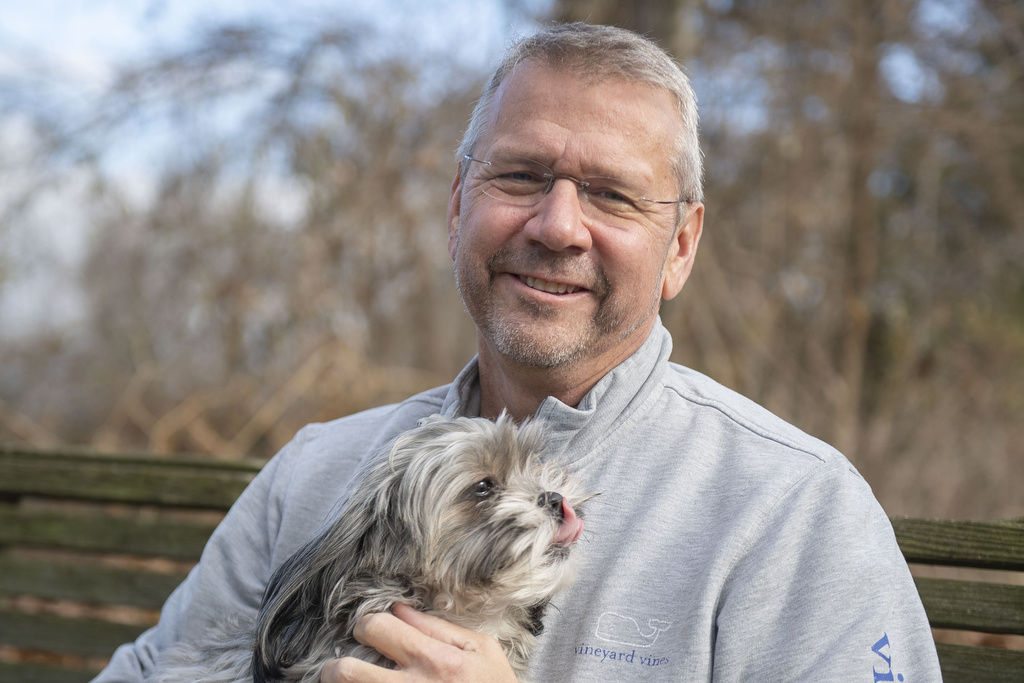
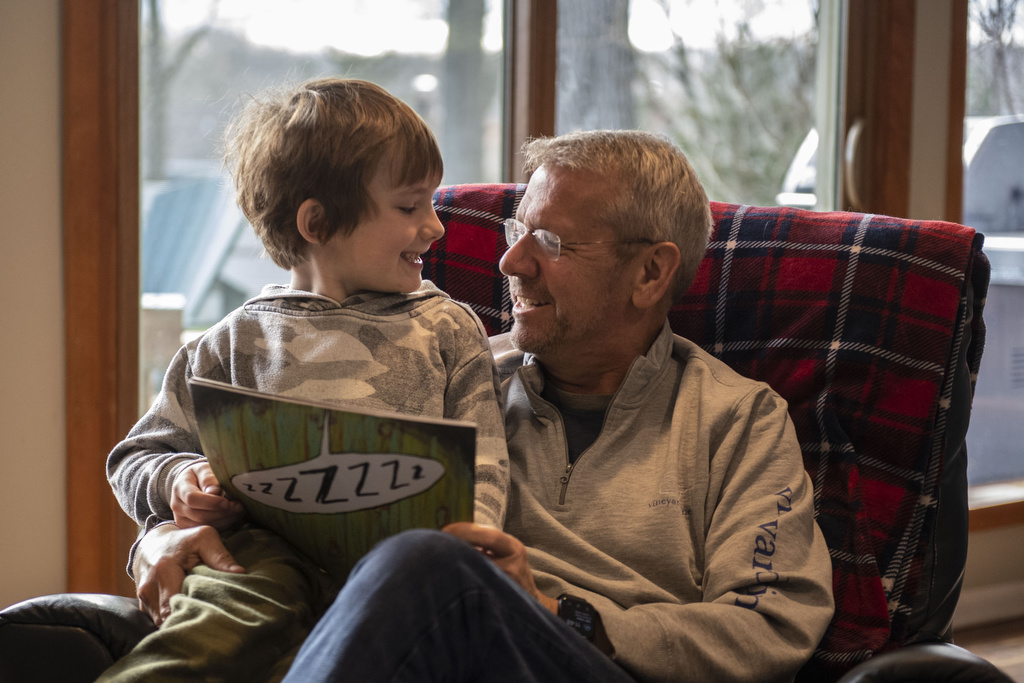
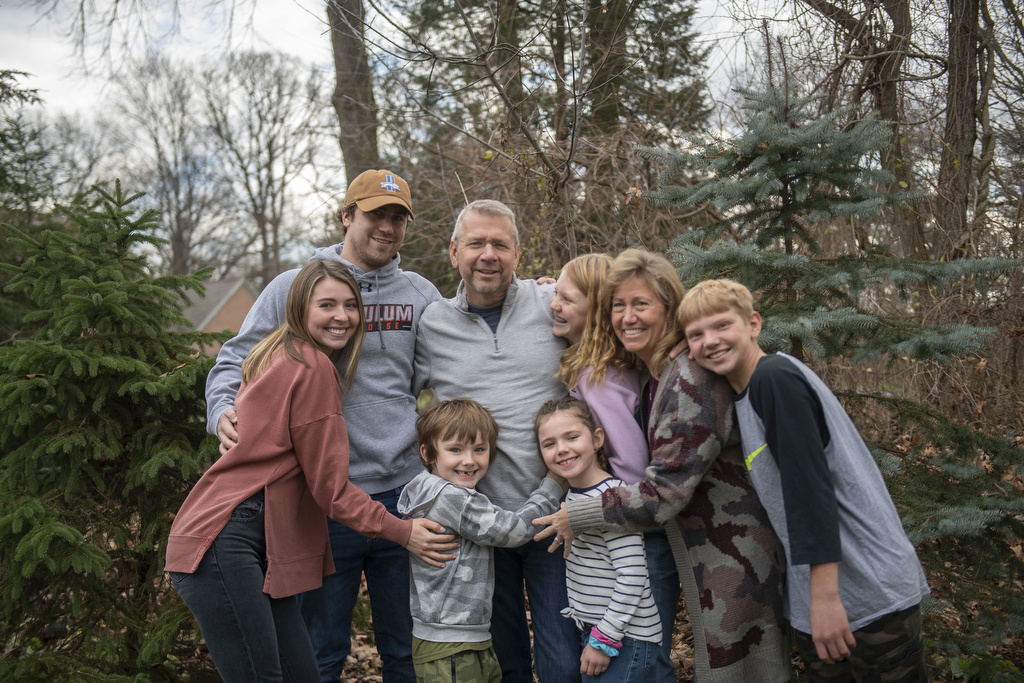
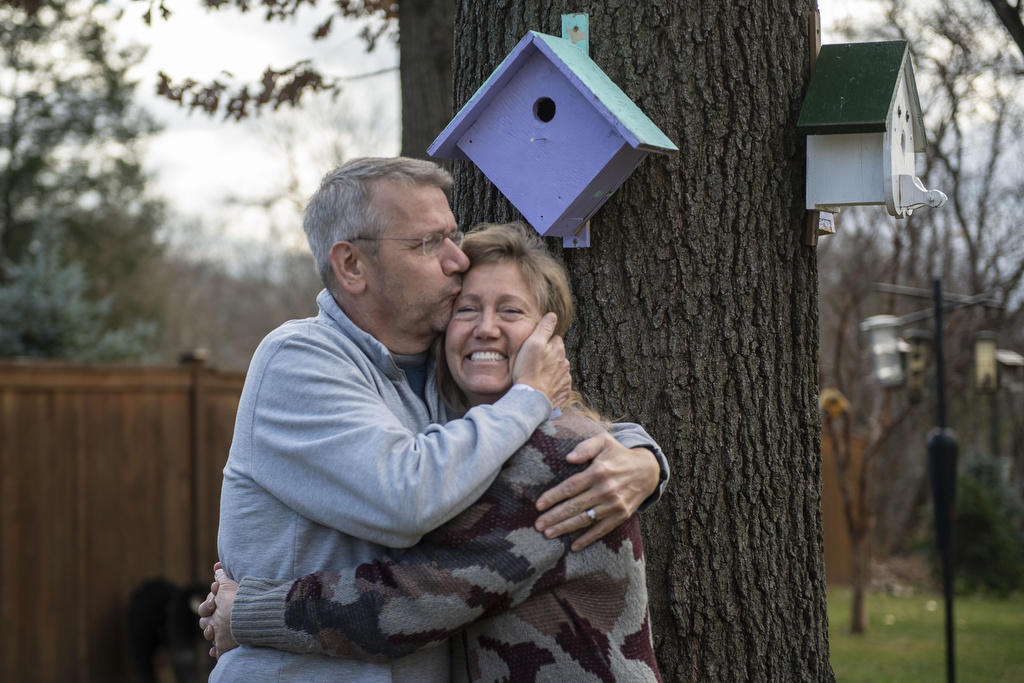
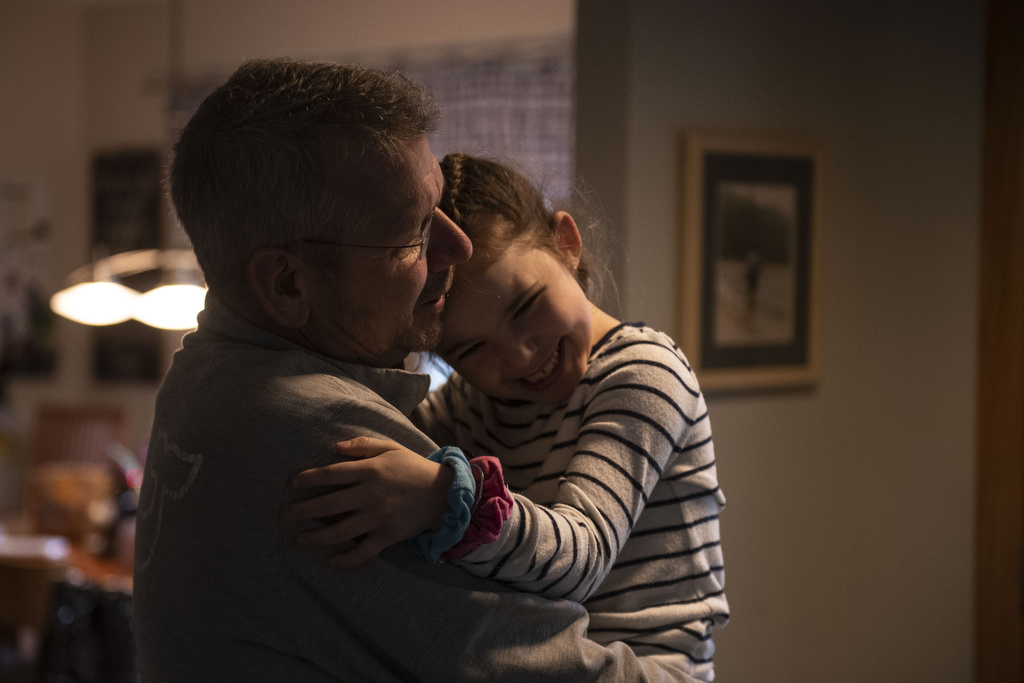
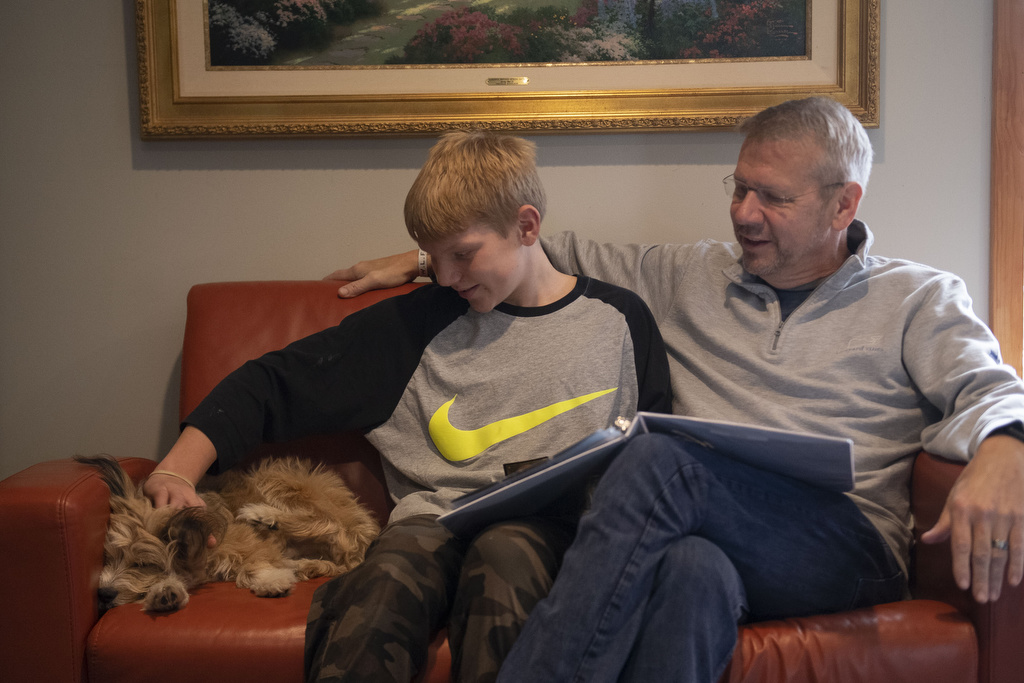
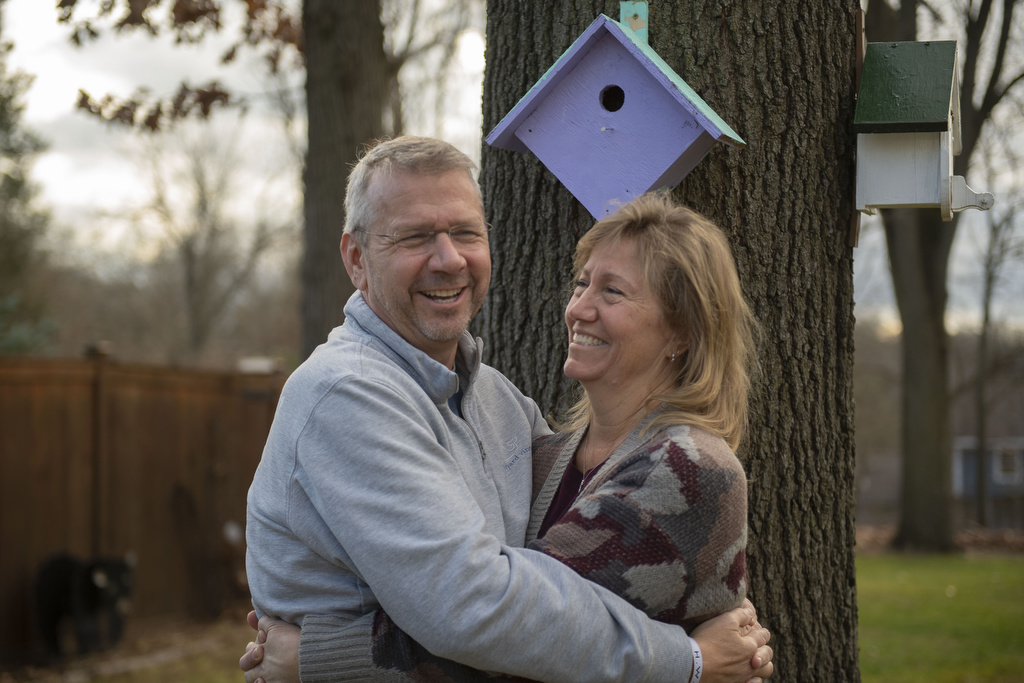
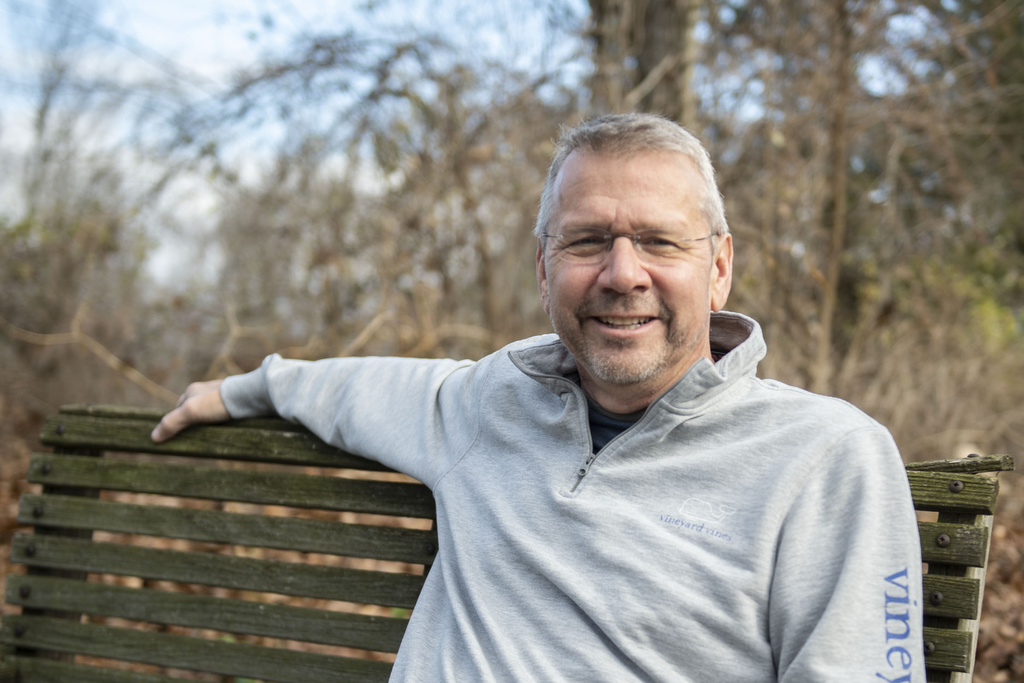
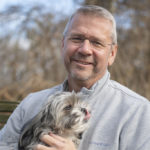
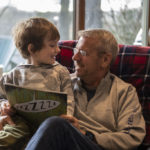
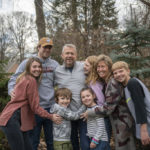
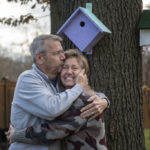
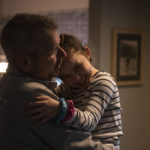
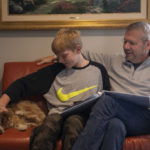
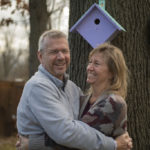

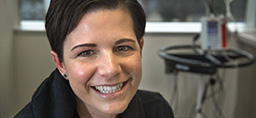 /a>
/a>
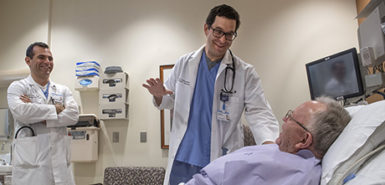 /a>
/a>
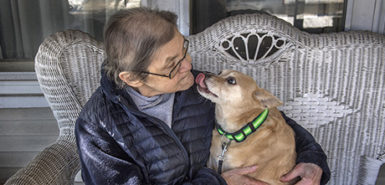 /a>
/a>
This amazing story brought tears to my eyes. What a blessing to a wonderful man and his family. Thank you for this heart wrenching story with a very happy ending.
Great story! My family knew the Kransberger’s thru lacrosse, he coached my younger son. Sad to hear what the family has gone thru, but great to know how Spectrum Health has helped them.
What a gift! Blessings to you and your family. The Spectrum team is special. Very happy you were in the right place. May you stay healthy for a long time. Congratulations!
Belated congratulations to Mr. Kransberger and the entire lung transplant team at Sprectrum Health. They really do perform miracles there – as evidenced by their willingness to take on tough cases like this and succeed. Dr. Gergis is a saint! Thank God he decided to stay in Michigan.